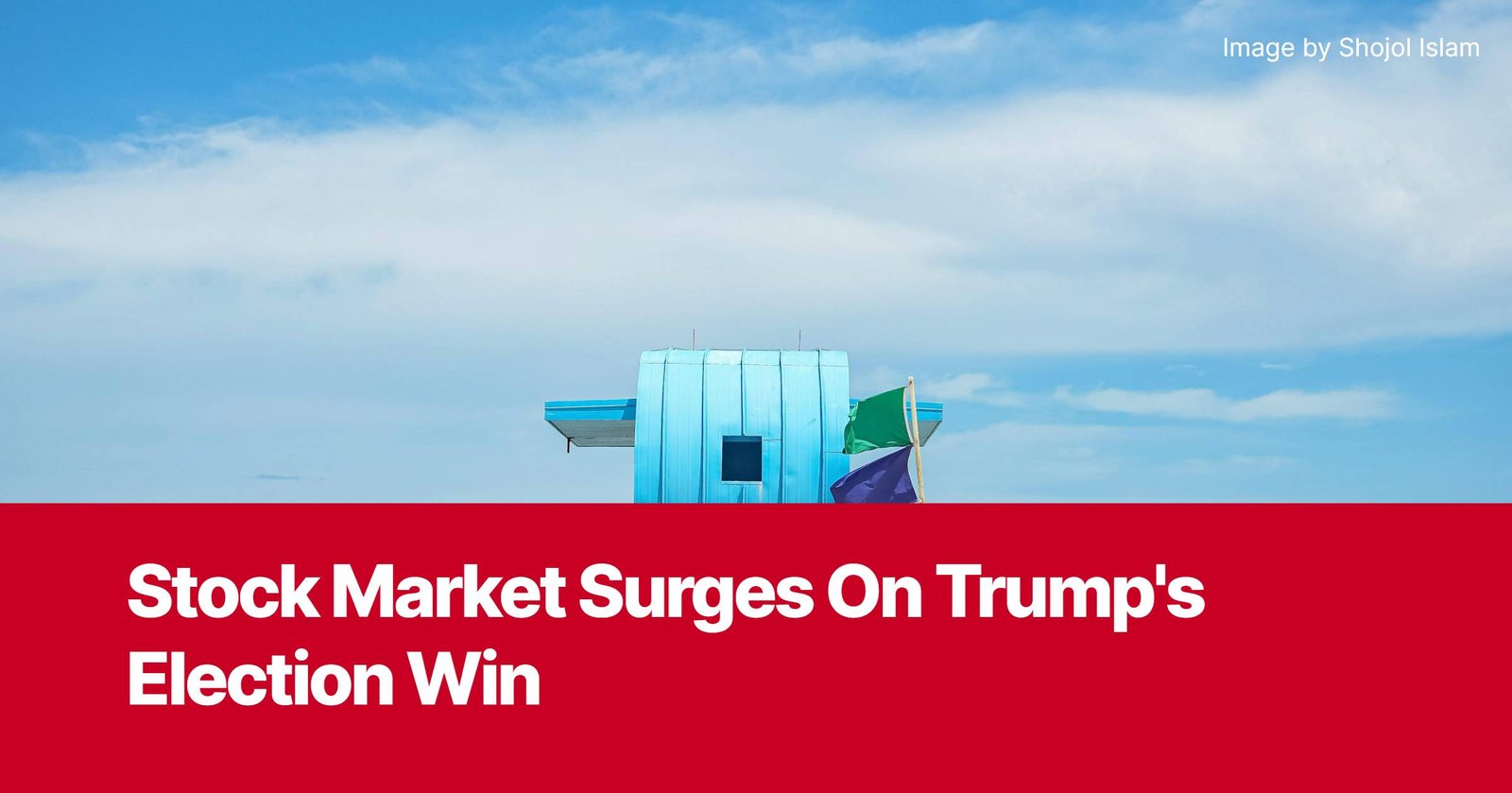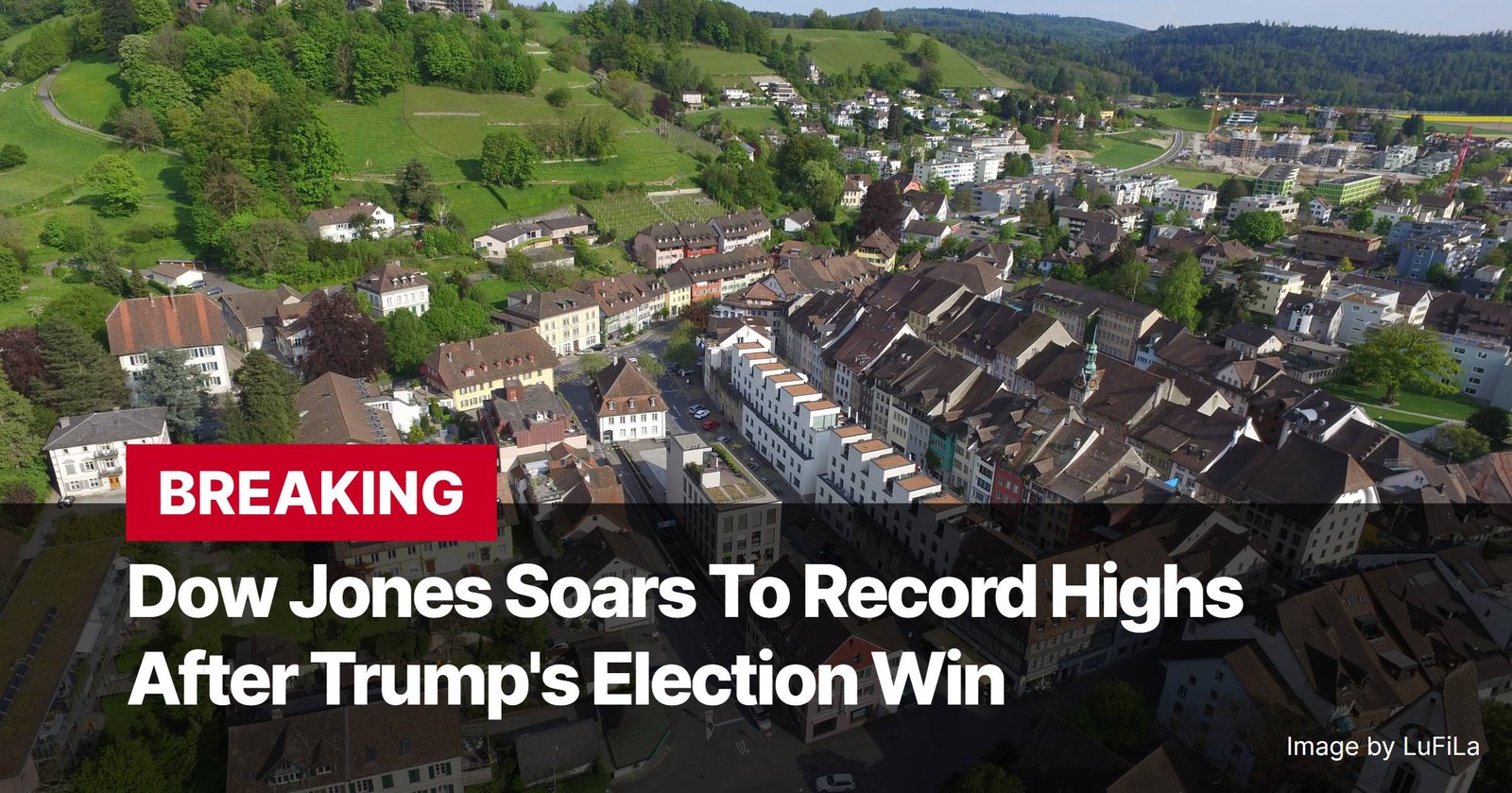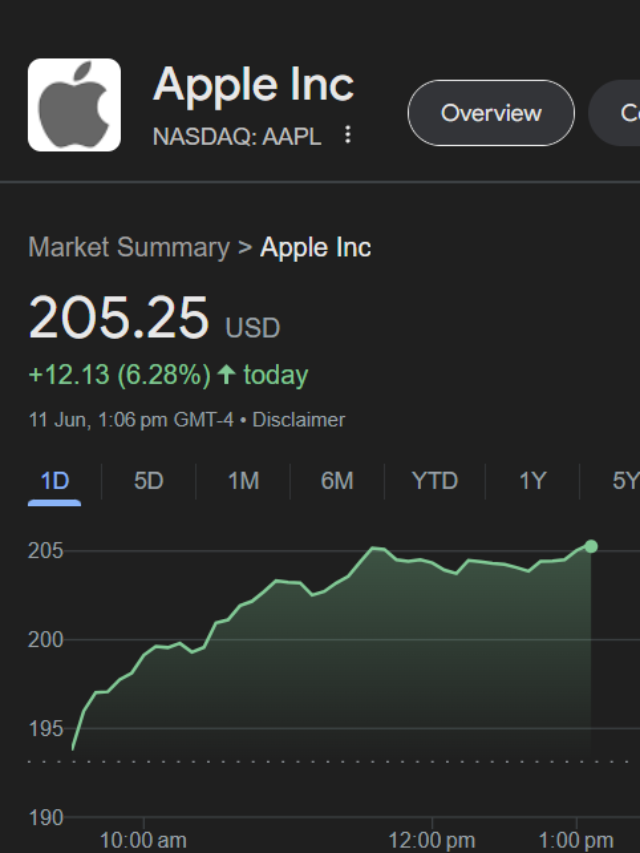New York, November 7, 2024 – The Dow Jones Industrial Average closed at a record high on Wednesday, surging over 1,500 points in its best day since 2022, following the unexpected victory of Donald Trump in the U.S. presidential election. The S&P 500 and Nasdaq also closed at record highs, rallying 2.5% and 3% respectively. This euphoric response reflects investor optimism about the potential economic impact of a second Trump term, though some analysts caution that this initial exuberance may be short-lived.
The market’s enthusiastic reception of the election outcome is rooted in several factors. Investors appear to be anticipating pro-business policies under the new administration, including continued low corporate tax rates and potentially softer regulations in certain sectors like banking and automotive. These expectations have fueled a rally in financial stocks, with major banks and credit card companies experiencing double-digit gains. Legacy automakers Ford and General Motors also surged on predictions that a second Trump administration might relax emissions standards and slow the transition to electric vehicles, potentially benefiting their existing pickup truck business.
However, the market’s reaction has not been universally positive. Renewable energy stocks tumbled sharply, with solar companies experiencing significant losses. This decline reflects concerns that a Republican-controlled Senate might repeal or amend the Inflation Reduction Act, which provides substantial funding for clean energy initiatives. The stark contrast in performance between these sectors highlights the market’s attempt to price in the potential policy shifts of the incoming administration.
Beyond the immediate implications for specific sectors, the broader market rally also reflects relief that the election outcome was decisive, averting the uncertainty and potential volatility of a contested result. This clarity is seen as a positive for market stability in the short term. However, analysts also point out that the market’s initial reaction to election outcomes can be exaggerated, and some of this initial optimism may fade as the specifics of the new administration’s policies become clearer.
While the stock market celebrated, the bond market reacted with more caution. Treasury yields rose sharply, with the 10-year yield hitting its highest level since July. This increase suggests some concern about the potential inflationary impact of certain proposed policies, such as increased tariffs and tax cuts, which could lead to a wider fiscal deficit and upward pressure on interest rates.
Further complicating the outlook is the potential for increased trade tensions with China. While some analysts downplay the likelihood of a universal 10% tariff, they acknowledge the possibility of significantly higher tariffs on Chinese goods. This prospect has weighed on some international markets and could create headwinds for certain U.S. companies with significant exposure to China.
The cryptocurrency market also joined the rally, with Bitcoin surging to a new all-time high above $75,000. This surge reflects the perception that a Trump administration might be more favorable to the cryptocurrency industry, potentially leading to less stringent regulation.

Looking ahead, market analysts emphasize that while the initial reaction has been positive, the long-term trajectory of the market will depend on the specifics of the new administration’s policies and their impact on corporate earnings. The current rally is driven largely by anticipation and relief, but sustained growth will require concrete policy actions that support economic expansion. The coming months will be crucial in determining whether this initial optimism translates into sustained market strength.



















